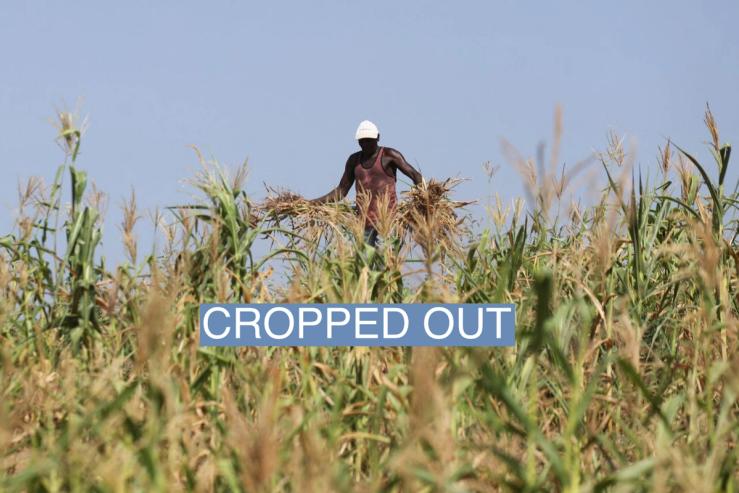The News

Nairobi, Kenya — The lifting of a ban on genetically modified crops by Kenya’s government has engulfed the country’s new president in a political row made worse by the intervention of billionaire philanthropist Bill Gates.
William Ruto’s administration, who took office in September, overturned the decade-long ban last month to address food shortages caused by the nation’s worst drought in 40 years. But the move to import 10 million bags of genetically modified maize has been criticized by opponents of Ruto, while also angering local farmers and anti-GM campaigners.
Raila Odinga, who was defeated by Ruto in this year’s election, accused the president of being a “puppet” of the West who was working in the interests of foreign powers. Odinga, who urged people to oppose the policy, said Kenyans had not been consulted and argued that there were “sufficient” stocks of locally harvested maize.
Kenyan farmers say they will be hit hard by the move. “We’re shocked that the government is plotting to allow maize importation when we are set for a bumper harvest,” said Albert Mibei, farmer in southwestern county of Narok. “This move will certainly hurt us.”
Mibei, who has 16 hectares of maize set for harvesting, said fertilizer shortages related to the war in Ukraine pushed up the cost of producing the crop. “If the government dumps cheaper GM maize, millers will not buy from us [and] most people will have their maize going to waste,” he said.
Anti-GM campaigners say alleged health risks posed by such crops have not been disproved. Activists also questioned the motives of Bill Gates who backed the government’s decision to lift the ban on genetically modified crops in a speech at the University of Nairobi earlier this month.
The co-chair of the Bill and Melinda Gates Foundation pledged $7 billion to help African countries tackle food insecurity. Gates said he was visiting smallholder farms in Kenya to find out “what programs and approaches are making an impact, what obstacles remain, and how the foundation can better support future progress.”
Kenyan authorities have stressed that genetically modified maize is safe to eat. “We have a policy on labeling food which allows Kenyans to decide what they want to consume. It’s about their agency, as all food on the shelves is safe,” said Roy Mugiira, who heads Kenya’s National Biosafety Authority.
Muchira’s view
The trust issues raised by this policy change have been made worse by the fact that the president was elected after campaigning as the “hustler” candidate who could relate to poor voters struggling to make ends meet. But importing this maize shows a lack of consideration for the concerns expressed by farmers about the possible financial impact on their livelihoods. They fear importation will create a glut of maize in the market, pushing down the price at which they could sell their harvested crops.
President Ruto risks losing legitimacy among people who voted for him a few months ago, as well as resistance to his efforts to end hunger.
The View From Jinja, Uganda
Lawmakers in landlocked Uganda, which borders Kenya and relies heavily on its neighbor for key foodstuffs, are drafting a bill urging a ban on genetically modified crops in the wake of Nairobi’s decision.
“I’m against modifying food because it takes power away from the farmer and hands it to huge seed companies and scientists,” said John Balyejusa, a radio host and farmer in the southeast Ugandan town of Jinja, who said many of his listeners had expressed similar concerns. “I need to know that I can always replant my seeds and not have to buy improved ones from the seed company,” he added.
Room for Disagreement
Sylvester Anami, a senior biotechnology researcher at Jomo Kenyatta University of Agriculture and Technology in Nairobi, said the controversy over the issue was unwarranted.
“GM maize will make Kenya a food-secure country,” he said, adding that there was no basis to safety concerns and the debate had become politicized. “In 2012, when Kenya banned GM maize, the decision had been based on research that has since been dismissed for lack of credibility. Research has been going on in Kenya during that time, and no link has been established between GM maize and cancer,” he said.

